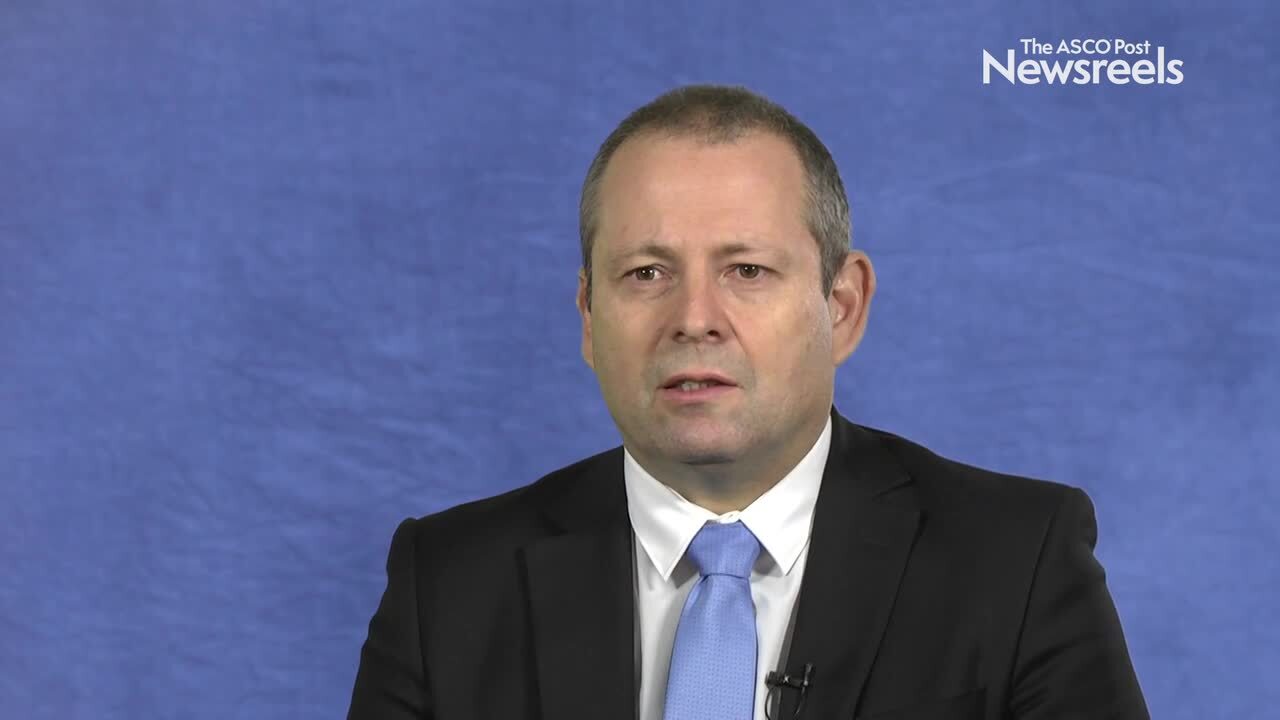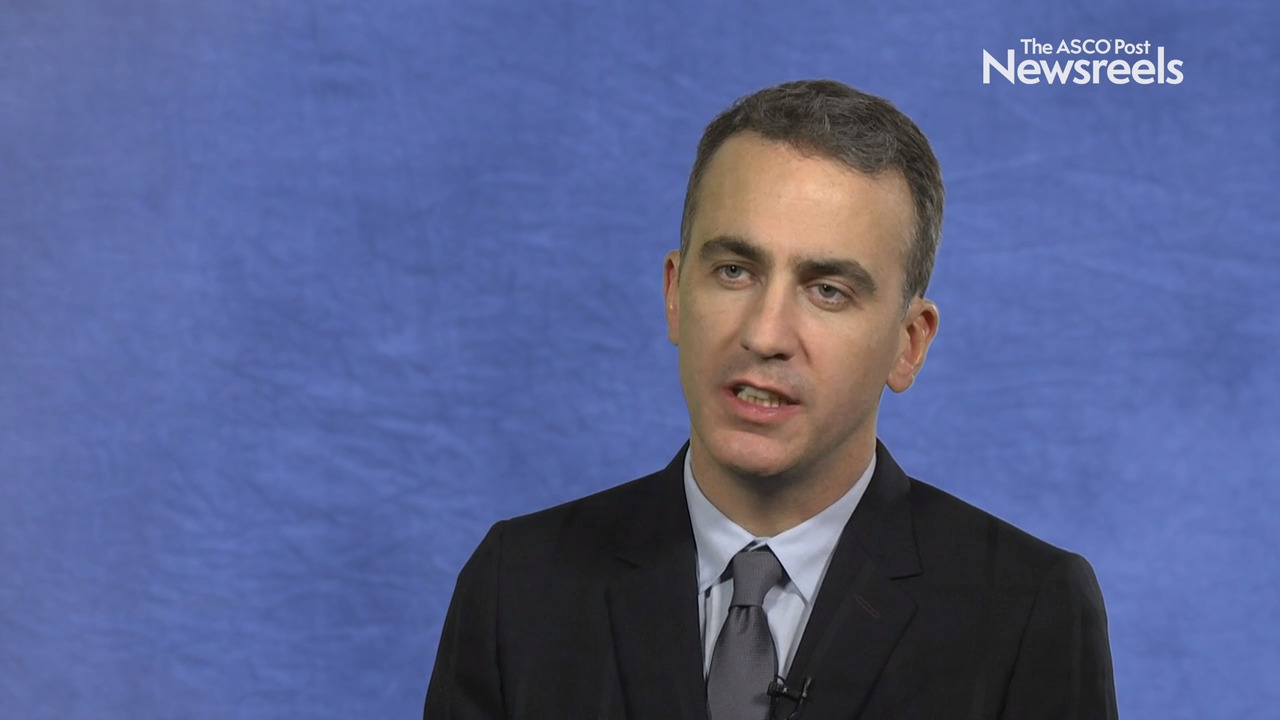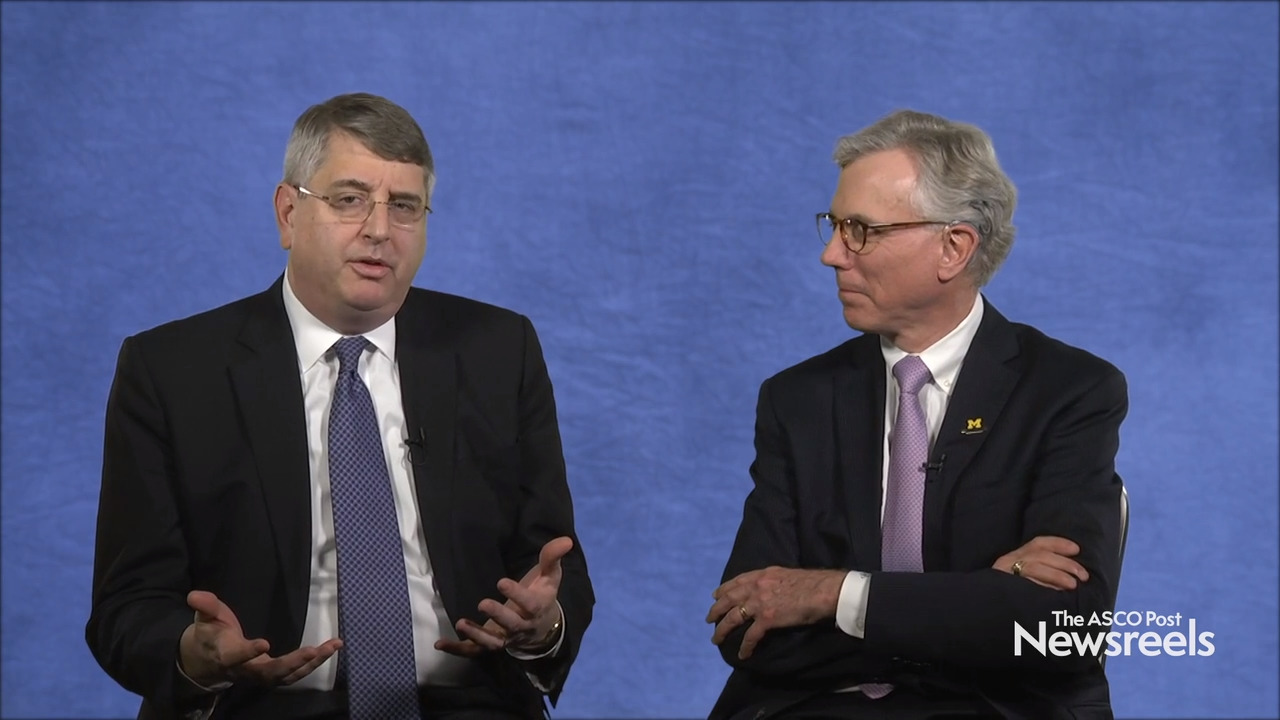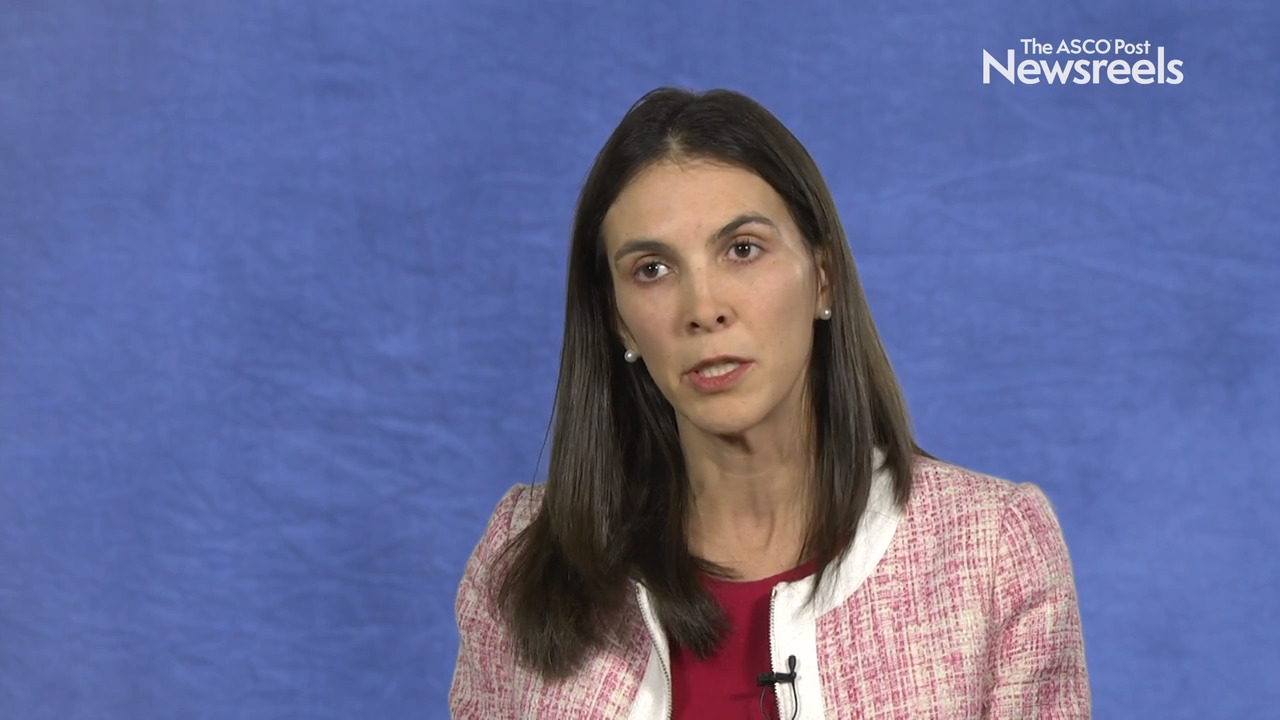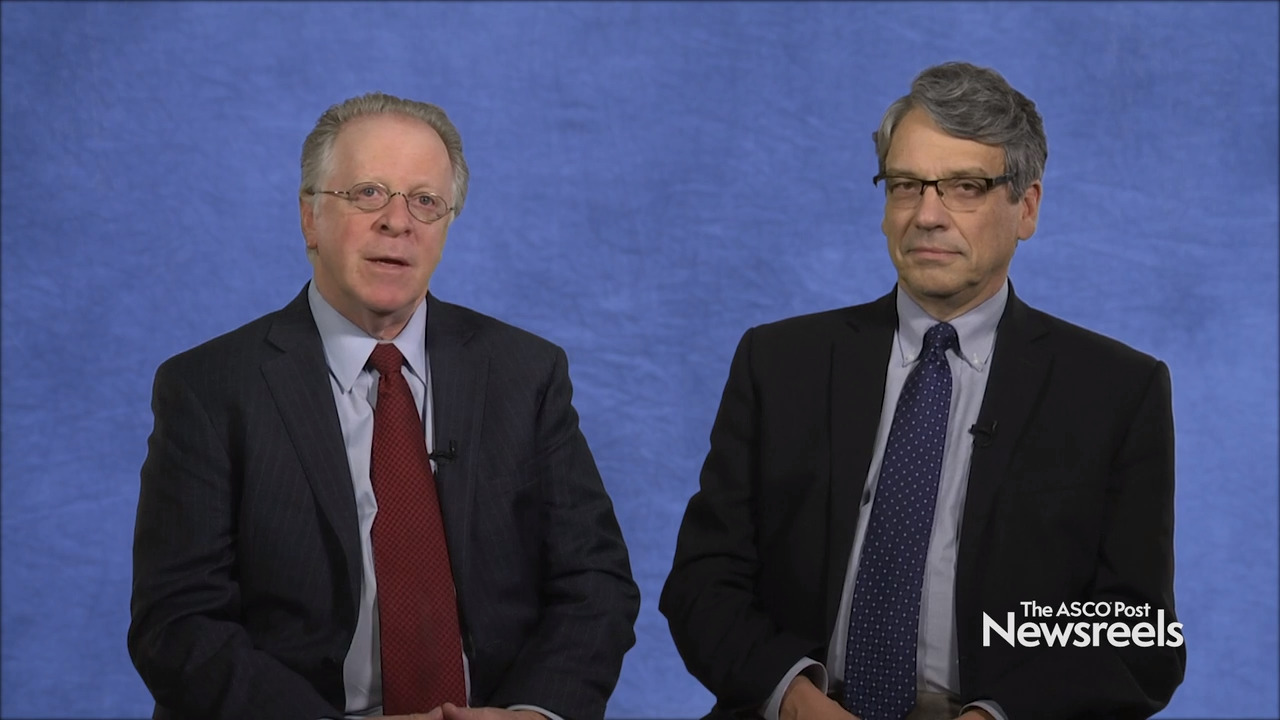Shoichiro Ohtani, MD, PhD, on Extending Adjuvant Aromatase Inhibitor Therapy: Phase III Trial Results
2018 San Antonio Breast Cancer Symposium
Shoichiro Ohtani, MD, PhD, of Hiroshima City Hiroshima Citizens Hospital, discusses study findings on extending anastrozole to 10 years, which led to higher rates of disease-free survival and distant disease–free survival (Abstract GS3-04).
Xavier Pivot, MD, PhD, of the Paul Strauss Cancer Center, discusses final study findings comparing 6 and 12 months of trastuzumab in adjuvant early breast cancer (Abstract GS2-07).
François-Clément Bidard, MD, PhD, of the Institut Curie and the University of Versailles, discusses phase III study findings on the clinical utility of circulating tumor cell count as a tool to choose between first-line hormone therapy and chemotherapy for estrogen receptor–positive, HER2-negative metastatic breast cancer (Abstract GS3-07).
Harold J. Burstein, MD, PhD, of the Dana-Farber Cancer Institute, and Daniel F. Hayes, MD, of the University of Michigan Rogel Cancer Center debate whether all women with breast cancer and positive lymph nodes should receive chemotherapy.
Kathryn J. Ruddy, MD, MPH, of the Mayo Clinic, summarizes a special spotlight session that included discussion of interventions to improve quality of life and the importance of lifestyle in the prevention of cancer and cancer recurrence.
Andrew D. Seidman, MD, of Memorial Sloan Kettering Cancer Center, and Charles E. Geyer, MD, of Virginia Commonwealth University, discuss phase III study findings on ado-trastuzumab emtansine vs trastuzumab as adjuvant therapy in patients with early HER2-positive breast cancer with residual invasive disease after neoadjuvant chemotherapy and HER2-targeted treatment (Abstract GS1-10).
